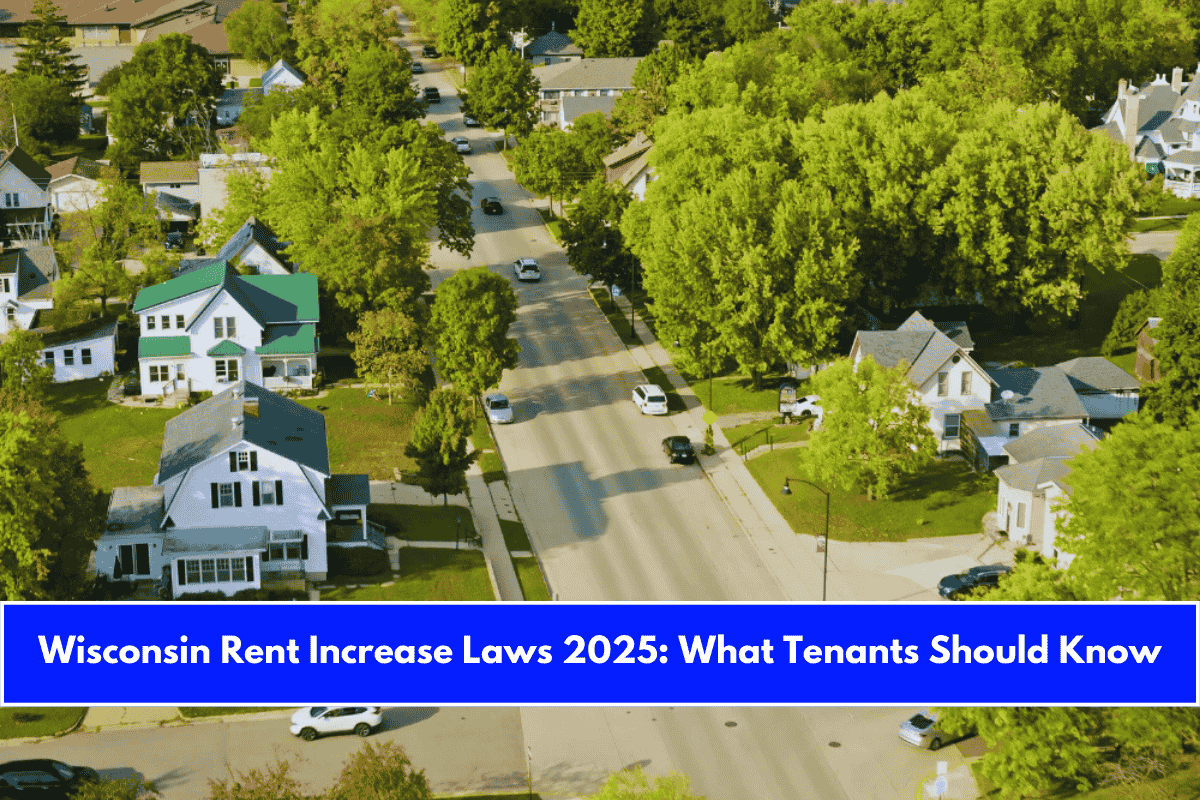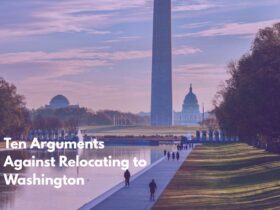Facing a rent hike in Wisconsin? Here’s what every tenant should understand about the state’s rent increase laws in 2025.
No Statewide Rent Caps
Wisconsin does not have statewide rent control. Landlords can raise rent by any amount, as long as they follow proper notice procedures. This means your rent could increase significantly, especially in high-demand areas, unless you live in subsidized or rent-controlled housing.
Notice Requirements
- 28 Days’ Written Notice: Landlords must give at least 28 days’ written notice before increasing rent, whether you have a month-to-month or year-long lease. The notice must clearly state the new rent amount and when it takes effect.
- Fixed-Term Leases: Rent cannot be raised during the lease term unless your lease specifically allows it. Increases can only take effect at the end of the lease, with proper notice.
- Month-to-Month Agreements: Landlords can raise rent at any time, but each increase requires a separate 28-day notice.
Frequency and Limits
- No Limit on Frequency or Amount: There is no legal limit on how often or by how much rent can be increased, except in subsidized housing. Landlords could issue multiple increases in a year for month-to-month tenants, provided they give the required notice.
- Subsidized Housing: Rent increases in government-assisted housing (like Section 8) are regulated and must follow program rules.
Protections for Tenants
- No Retaliation: It is illegal for landlords to raise rent in retaliation for tenants exercising their legal rights (such as requesting repairs or reporting violations). If you suspect retaliation, you can file a complaint with the Wisconsin Department of Agriculture, Trade and Consumer Protection.
- No Discrimination: Rent increases cannot be discriminatory based on race, religion, age, or other protected characteristics. Violations can lead to legal action against the landlord.
Local Ordinances
- Some Cities May Have Additional Rules: While there’s no statewide rent control, certain cities (like Madison) have considered or enacted local ordinances in the past. Always check your city’s current regulations for any extra protections or requirements.
What Should Tenants Do?
- Read Your Lease: Understand what your lease says about rent increases.
- Negotiate: If you receive a large increase, try negotiating with your landlord.
- Seek Help: If you believe a rent increase is retaliatory or discriminatory, contact local tenant resources or legal aid.
Summary Table
| Lease Type | Notice Required | Limit on Increase | When Allowed |
|---|---|---|---|
| Month-to-Month | 28 days written | None | Any time with notice |
| Fixed-Term (e.g., 1 yr) | 28 days before end | None | Only at lease renewal |
| Subsidized Housing | As per program | Yes | Regulated by program rules |
Wisconsin landlords can raise rent without a cap, but must provide at least 28 days’ written notice. Tenants are protected from retaliation and discrimination, but otherwise have limited recourse against large or frequent rent increases.
Sources:
- https://www.steadily.com/blog/rent-increase-laws-regulations-wisconsin
- https://www.mylolowcountry.com/usa-laws/wisconsin-rent-increase-laws-2025-what-tenants-should-know/
- https://docs.legis.wisconsin.gov/document/statutes/704.44
- https://mylolowcountry.com/usa-laws/wisconsin-rent-increase-laws-2025-what-tenants-should-know/











Leave a Reply